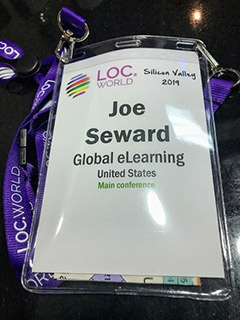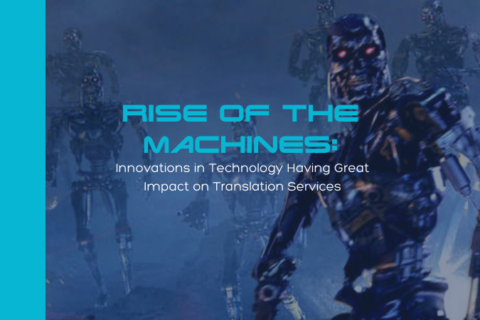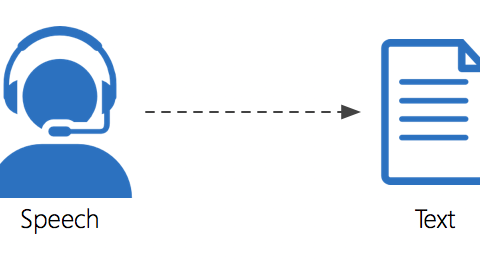LocWorld: A True Learning Experience

I recently had the opportunity to attend LocWorld for the first time, after being in the Language Services industry for over 20 years. While I was excited to have the opportunity, I could not have foreseen how this experience would change how I look at the industry. So, I offer you my insight into LocWorld41: A True Learning Experience for me both personally and professionally.
LocWorld is the leading conference for international business, translation, and localization. LocWorld41 was held in San Jose, the heart of Silicon Valley. Organized by a committee of industry experts, the conference offers a variety of presentations and panel discussions.
The industry is unique in that the Top 100 companies comprise only 15% of the total global market. According to a recent research report from Nimdzi Insights, there are over 1,650 companies globally with “translation and interpreting” as their main activity. The industry employs over 78,000 language professionals across the globe. If you include the full-time translators and interpreters, that number rises to more than 320,000 full-time professionals. Combine that with the casual and part-time translators, and the number rises to more than a million professionals!
To be employed within the Language Services industry means that you are part of a family sharing a common goal. At the end of the day, the industry is about respecting cultures and enabling global communication. It starts with appreciating each other and the “family” that we truly are.
While I attended several presentations and panel discussions, the CEO Panel was one of the most interesting as the CEOs, with three of the industry’s largest service providers, shared their thoughts on the future of automation, neural machine translation, and artificial intelligence (AI).
Contrasting the panel with the industry’s largest service providers was a discussion with the CEOs from three of the industry’s mid-cap language service providers. The panel discussed the changes within the industry – including mergers and acquisitions, increased demand for multimedia localization and project automation.
To better understand the daily challenges of a Localization Manager, I attended a session entitled “You Are Now the Startup Localization Manager: How Do You Help Your Company Go Global?”. It was interesting to hear how unicorns handle the challenges of going global and how they each succeeded in moving from an operational focus to a business focus.
Global eLearning’s CTO, Gilbert Segura, presented on Text to Speech (TTS). While computer-based speech-synthesis systems have been around since the 1950s, the technology is quickly evolving. Impressive improvements have been made in the last 12 months with Amazon Polly, Microsoft Azure, and Google GCP for generating a natural-sounding computer-generated voice. There are several advantages to using these software systems that make them competitive for several forms of content, even when the human voice sounds more robust and energetic.
In an era where both employees and clients are demanding information via multimedia formats, Global eLearning has rapidly expanded its voice talent pool and voice technology options to accommodate the growing demand. We offer human voice talent in over 100 languages.
Are you considering Text to Speech (TTS) versus human recordings for your learning and development content? Contact Global eLearning for technical consultation and evaluation!



